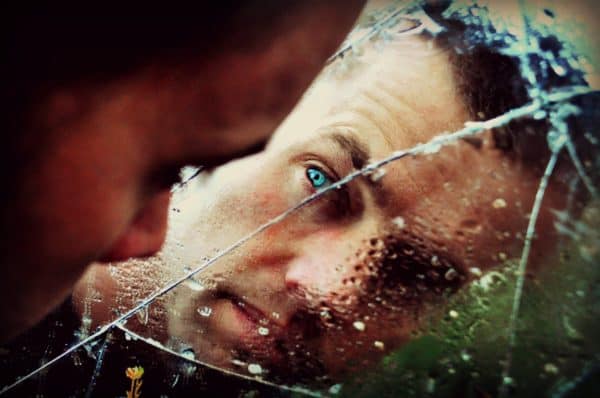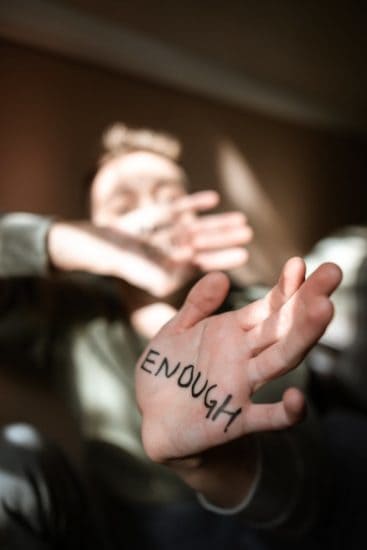-

The Scapegoat Child and the Malignant Narcissist Parent
•
For the child victim of family scapegoating abuse (FSA), the ‘scapegoat story’ created by one or both parents (which the entire family invariably adapts and accepts unquestioningly) can negatively impact their mental and emotional health. When a parent is a malignant narcissist, the abuse the child experiences can be extreme, resulting in complex trauma…
-

The Relationship Between Family Scapegoating Abuse (FSA) and Traumatic Shame
•
There are very few clients who enter my FSA Recovery Coaching practice who are not suffering from traumatic shame (also known as ‘toxic shame’), as well as a variety of complex trauma (C-PTSD) symptoms – something I discuss at length in my book, Rejected, Shamed, and Blamed. While traumatic shame creates a sense of…
-

To Meet Publishing Requirements, This Free Preview Chapter From My Book ‘Rejected, Shamed, and Blamed’ Is No Longer Available
•
This article was originally published on Psych Central as an advance preview of my book on family scapegoating abuse (FSA), Rejected, Shamed, and Blamed. To comply with current publishing requirements, I am no longer able to offer portions of my book for free online. Visit my blog to see more articles on family scapegoating…
-

Family Scapegoating Abuse (FSA) as Psychological Trauma
•
As we learn more about Complex Trauma (C-PTSD), it becomes increasingly clear that family scapegoating abuse (FSA) can lead to the development of C-PTSD symptoms, which are often misdiagnosed and mislabelled by Mental Health Professionals if and when the FSA adult survivor seeks therapeutic treatment and support.
-

The Healing Power of a ‘Victim Impact Statement’ for FSA Survivors
•
As you consider how being the victim of family scapegoating abuse has changed your life, you may use the following suggestions and questions to guide you. Do be aware that thinking and writing about something so painful may be difficult for you. Pace yourself and don’t feel that you need to complete your FSA…